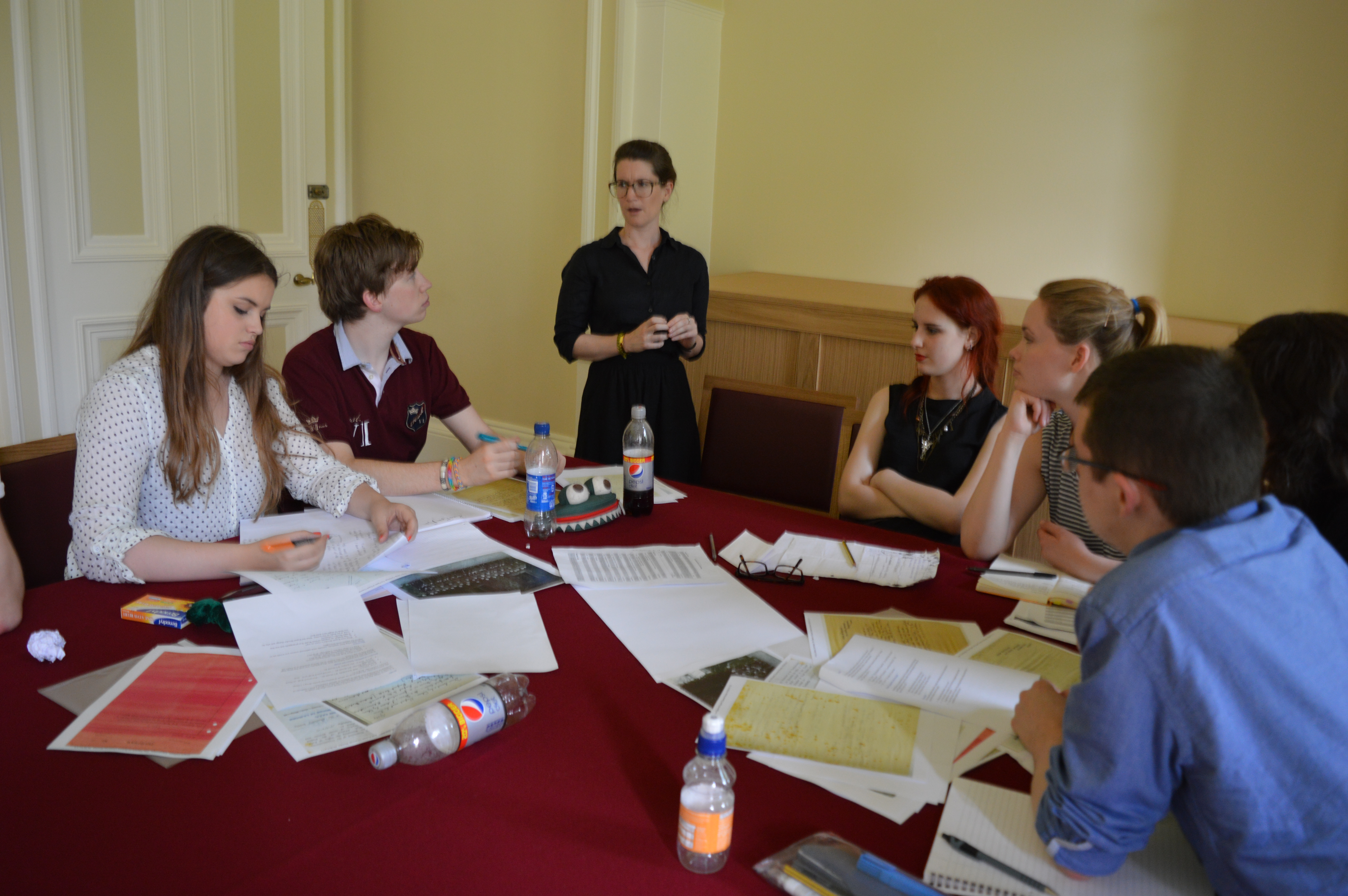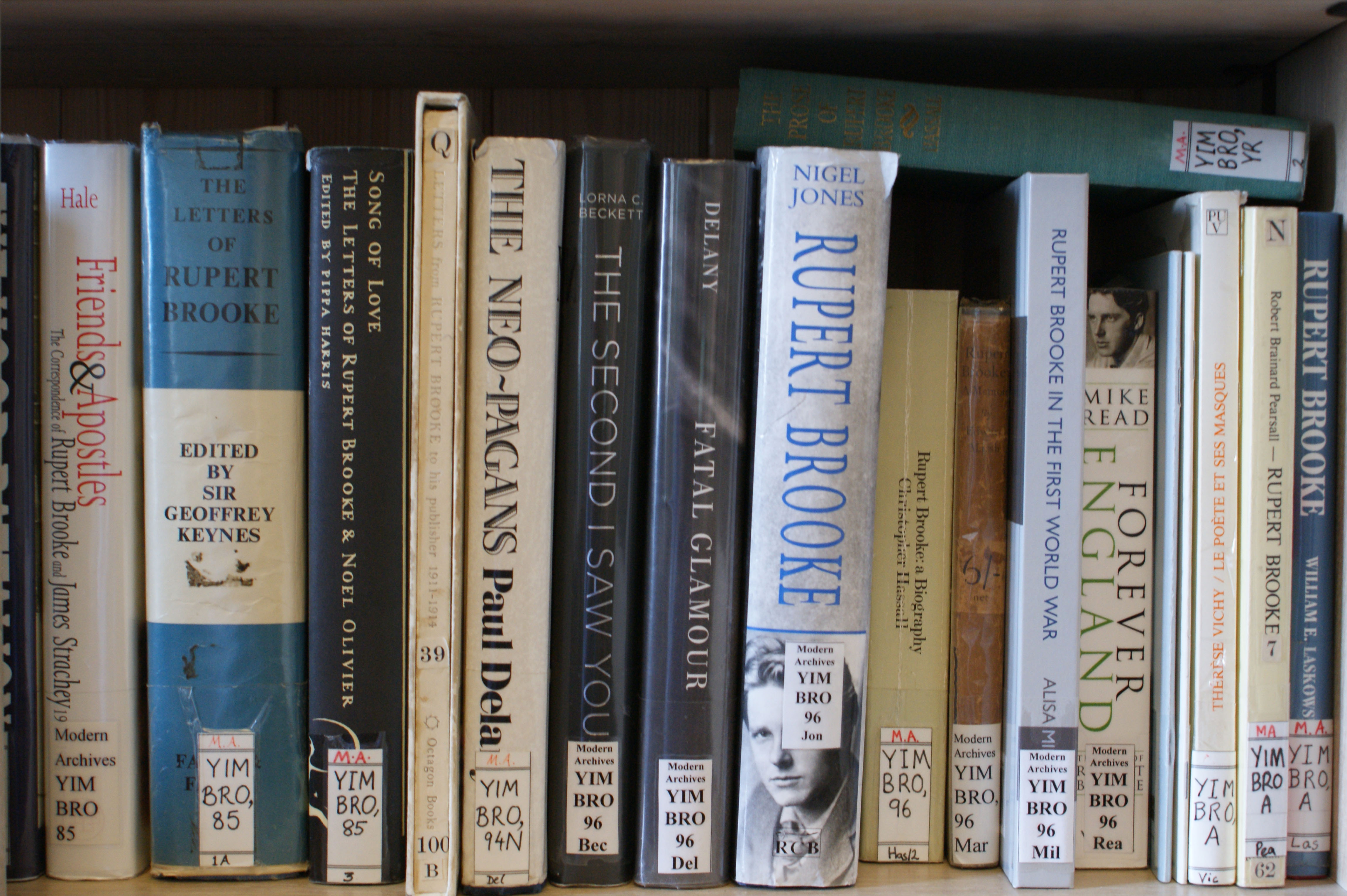The following questions are for consideration and discussion, and may be useful as the basis of a larger project or essay.
-
Supposing that we accept the idea that ‘nobody is truly objective’, how might researchers try to limit their subjectivity? Please make specific reference to the principles and skills learnt in section A of this website, as well as any further thoughts on your experience of interpreting some of Rupert Brooke’s papers.
-
There are different approaches to archival research. Some researchers want to make ‘discoveries’, while others want to prove their theories about historical events. With this in mind, is there ever any place for subjectivity in archival research?
-
Choose a famous historical figure who died in Britain more than 80 years ago*. Imagine you are going to use archives to write an essay on that person. Devise a plan for your research, including how you would prepare, how you would find relevant archival records (try using some of the skills and resources mentioned in section 3 to identify what records you’d want to see in an archive), and how you might judge their authenticity and reliability.
N.B. This question concerns the planning stage of research. As such, a follow-up visit to an archive would be beneficial but is not necessary.
-
Can you think of any examples of people from the last twenty or thirty years who might be considered to have a ‘myth’ surrounding them? This could be a musician, a politician, a public figure like a member of the Royal family or even a celebrity**. Look at a variety of primary and secondary sources to see how that person has been depicted, and think about the ‘agendas’ that the people creating the documents might have. Can Rupert Brooke be considered a precedent for modern celebrity culture?
* If you struggle to think of a suitable historical figure, why not try another war poet, like Wilfred Owen?
**You could consider anyone who has attracted media attention, whether positive or negative. Examples of people you could consider in relation to ‘myths’, if you can’t pick your own, include Princess Diana, Mother Teresa, Tony Blair or Boris Johnson.

